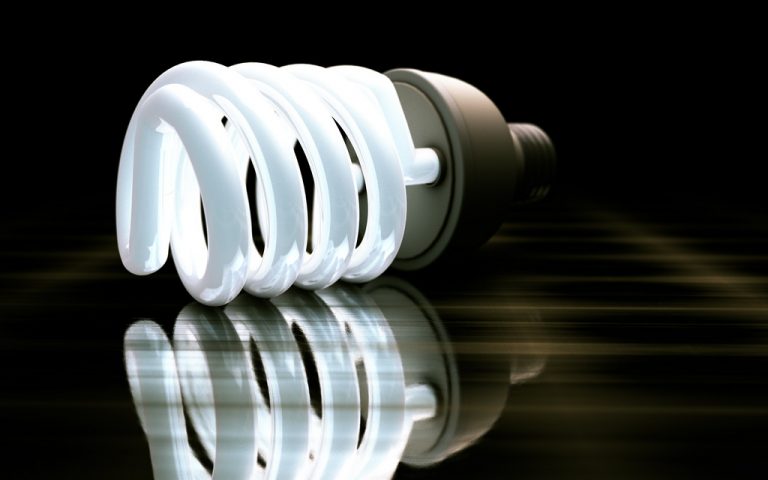
Flickering lights in your home can be more than a nuisance—they can be a sign of a serious electrical problem. If you’re like most people you probably just tolerate flickering lights, assuming they’re just a normal occurrence. But under normal conditions, your lights should remain steady throughout the day. The next time your lights flicker, pay attention! By paying attention to when they flicker, you can start narrowing down the underlying cause.
If you’ve changed your light bulbs and the flickering won’t stop, it’s probably a wiring issue. DO NOT attempt to DIY electrical wiring. Kolb Electric professionals are available 24/7, so avoid an accident and contact us first.
Causes of Flickering Lights in the Washington, DC/Baltimore Area
A flickering light can simply be caused by a loose or defective bulb. This is about the only cause of flickering lights that our DC-area clients should attempt to fix on their own. With the light turned off (and fully cooled!), gently remove the bulb from the socket and inspect it. The glass bulb should be firmly affixed to the metal base—if it wiggles in the base at all, it’s defective and needs to be replaced. If the bulb is good, screw it firmly into the socket and test it for flickering. If it still flickers, another problem exists.
If the lights flicker at a certain time, or at a regular interval, pay attention to your other electrical demands during that time. An HVAC unit, clothes dryer, or other large appliance can put a heavy demand on your electrical service. If the lights flicker when other appliances kick on, there may be a problem with the appliance or service wiring. This is more than a nuisance—increased current draw can cause wiring, connectors, breakers, and other electrical equipment to overheat, presenting a real risk of fire. Even without the risk of fire, appliances that have to struggle to draw power can suffer damage to motors and other expensive components.
Defective wiring is another common cause of flickering lights for our clients in Maryland, Virginia, and Washington, DC. Undersized breakers, loose connectors, or damaged wires can all cause intermittent current losses. If your home has a mixture of copper and aluminum wires, special connectors must be used where the two types of wire meet. If the wrong connectors were used, they can corrode, causing flickering and other problems. Any defects in your home’s wiring can create a risk of fire, electrocution, and can render safety features like breakers and GFCIs ineffective.
Contact Kolb Electric if You Have Flickering Lights in MD, VA, or DC
Some homeowners are tempted to ignore flickering lights or, worse yet, simply quit using the flickering fixture. This doesn’t solve the underlying problem and can expose you to unnecessary dangers. If your lights flicker, and it’s not a bad bulb, contact Kolb Electric for a complete examination of your home’s electrical system in Maryland, Virginia, or Washington, DC.









